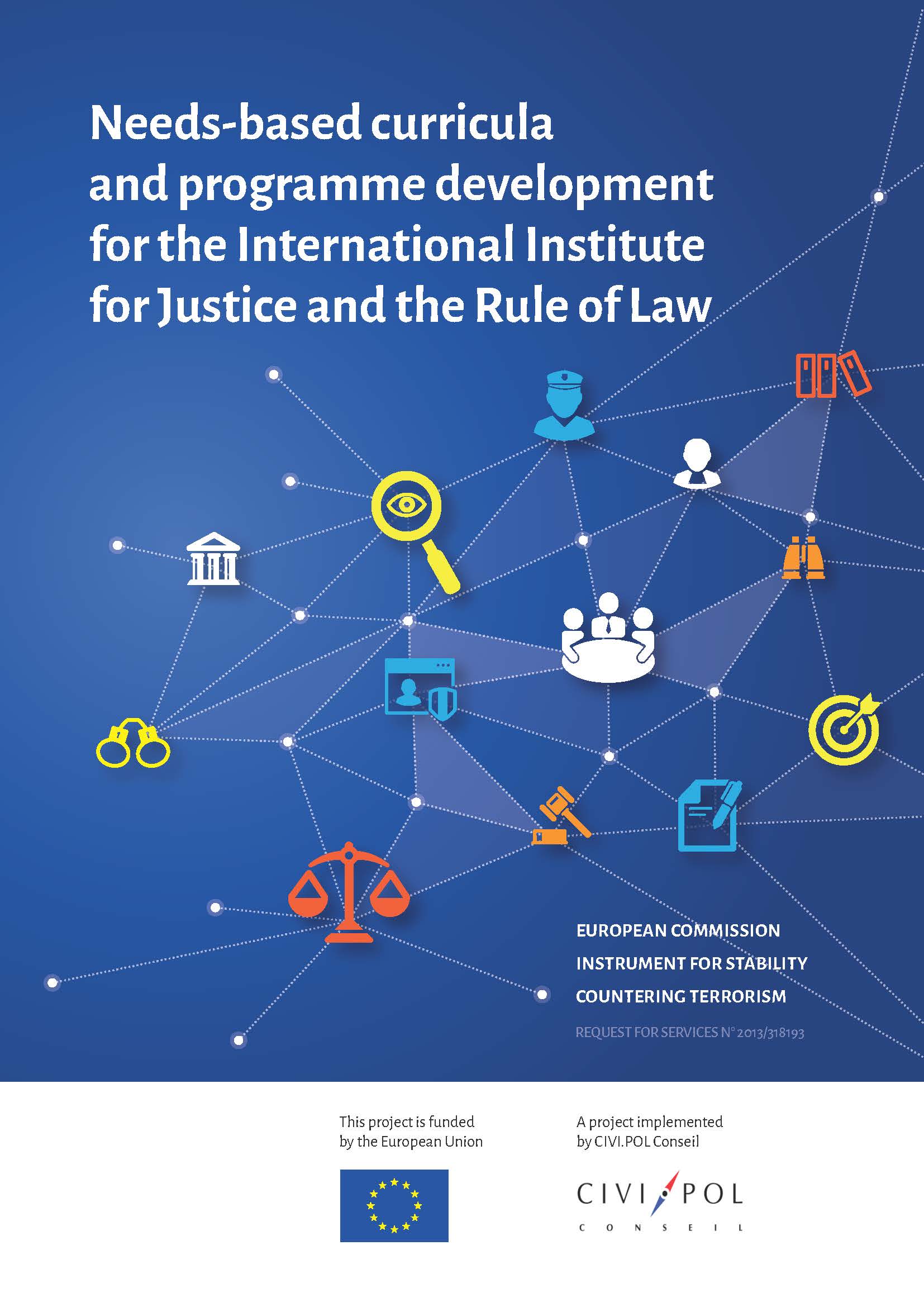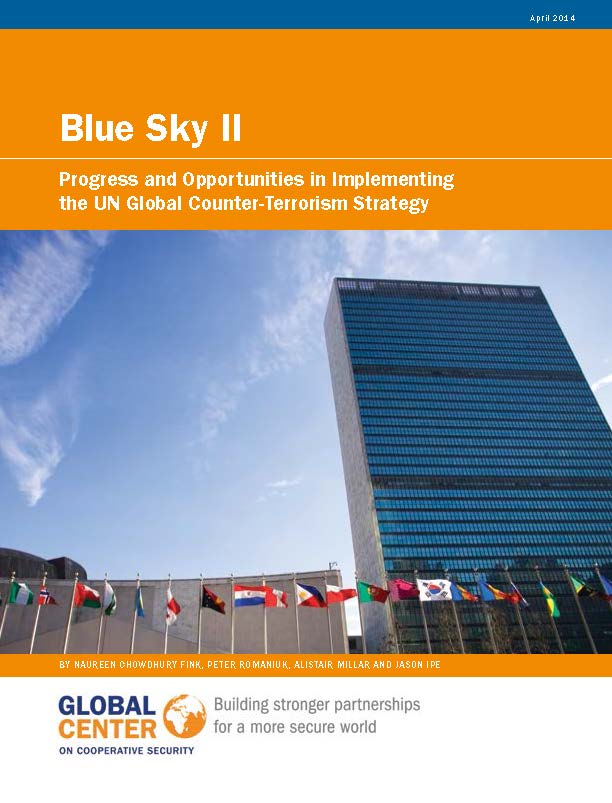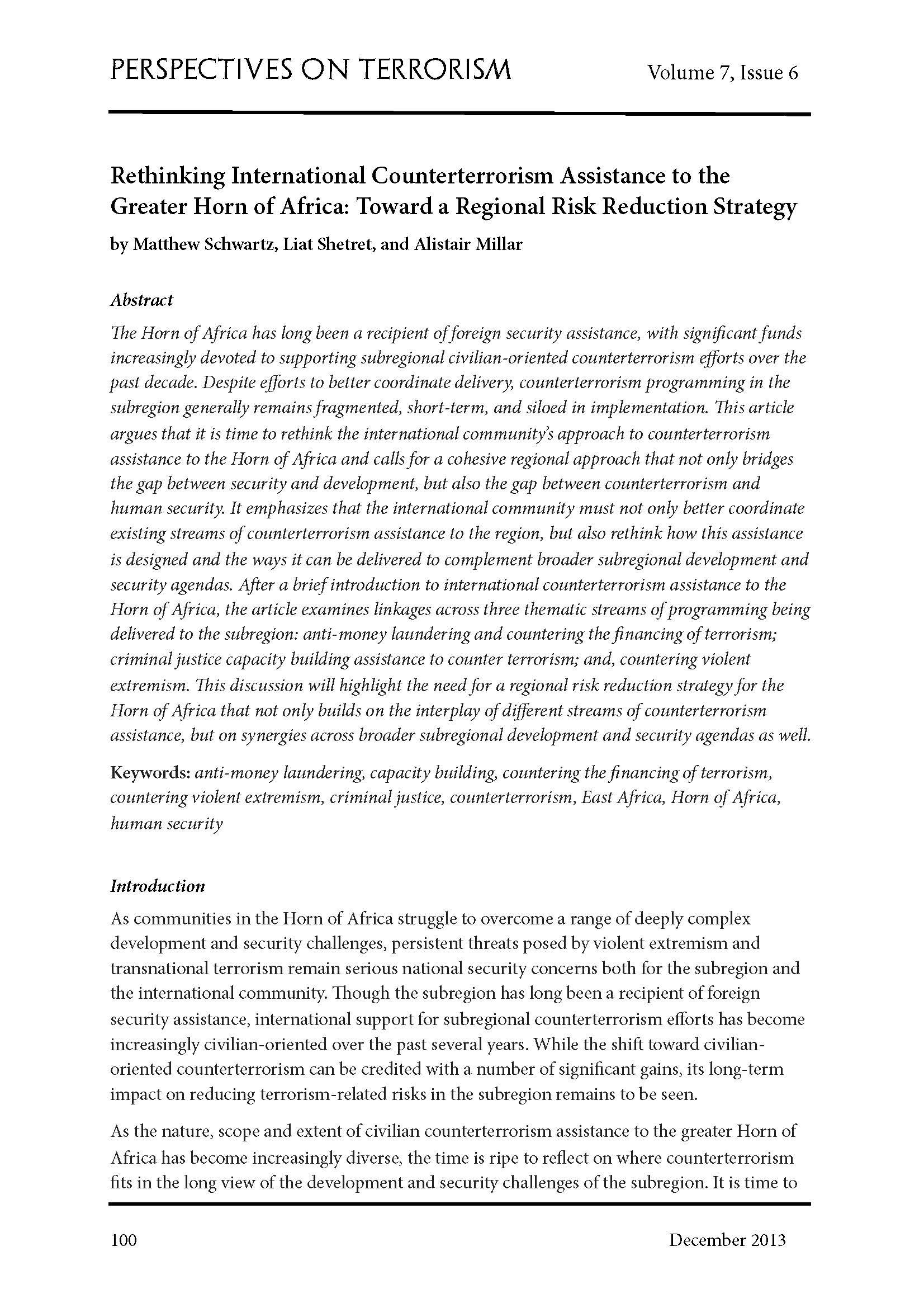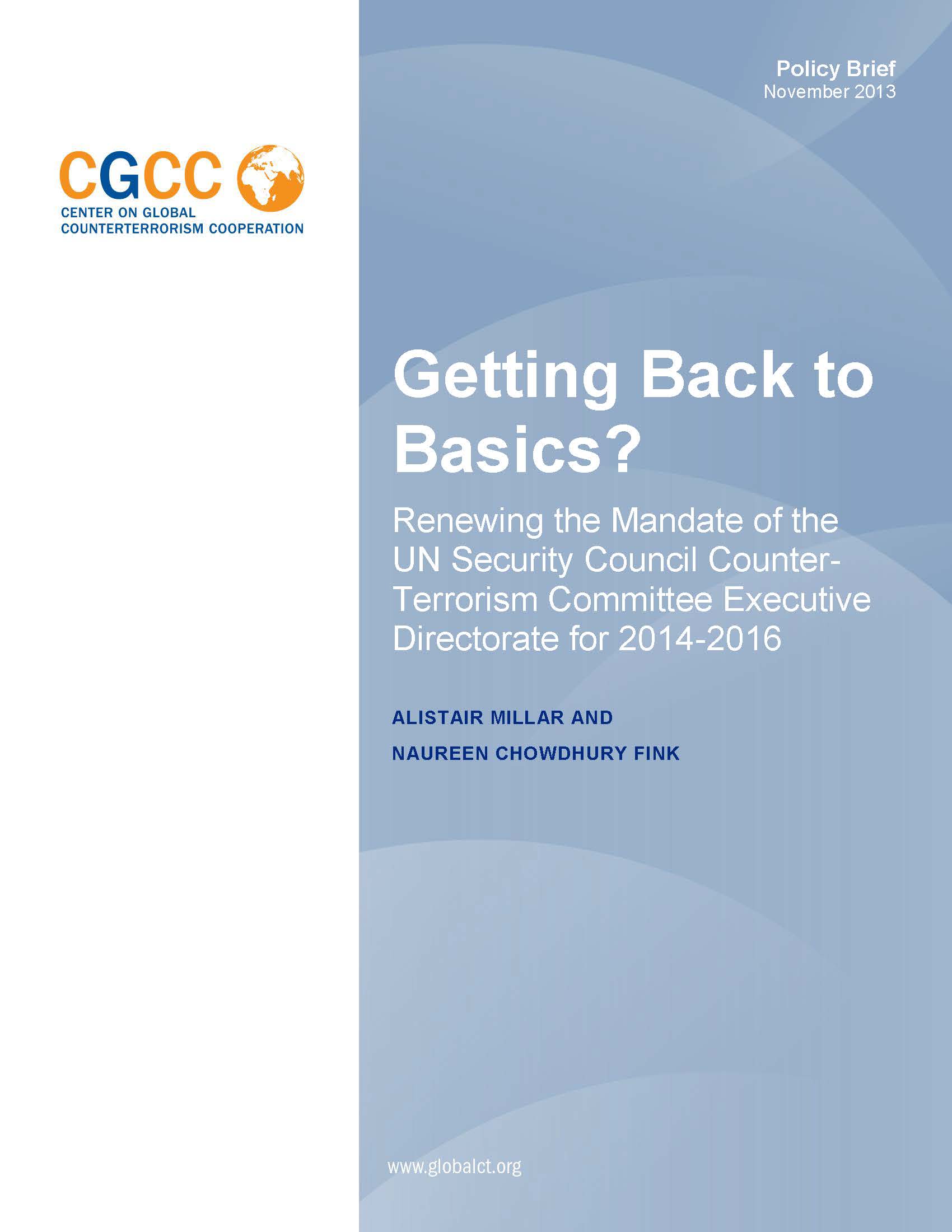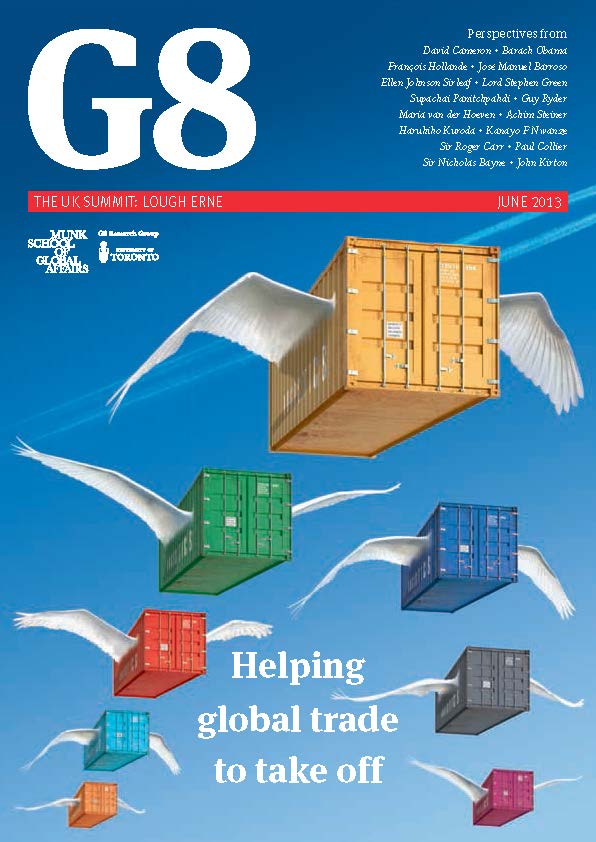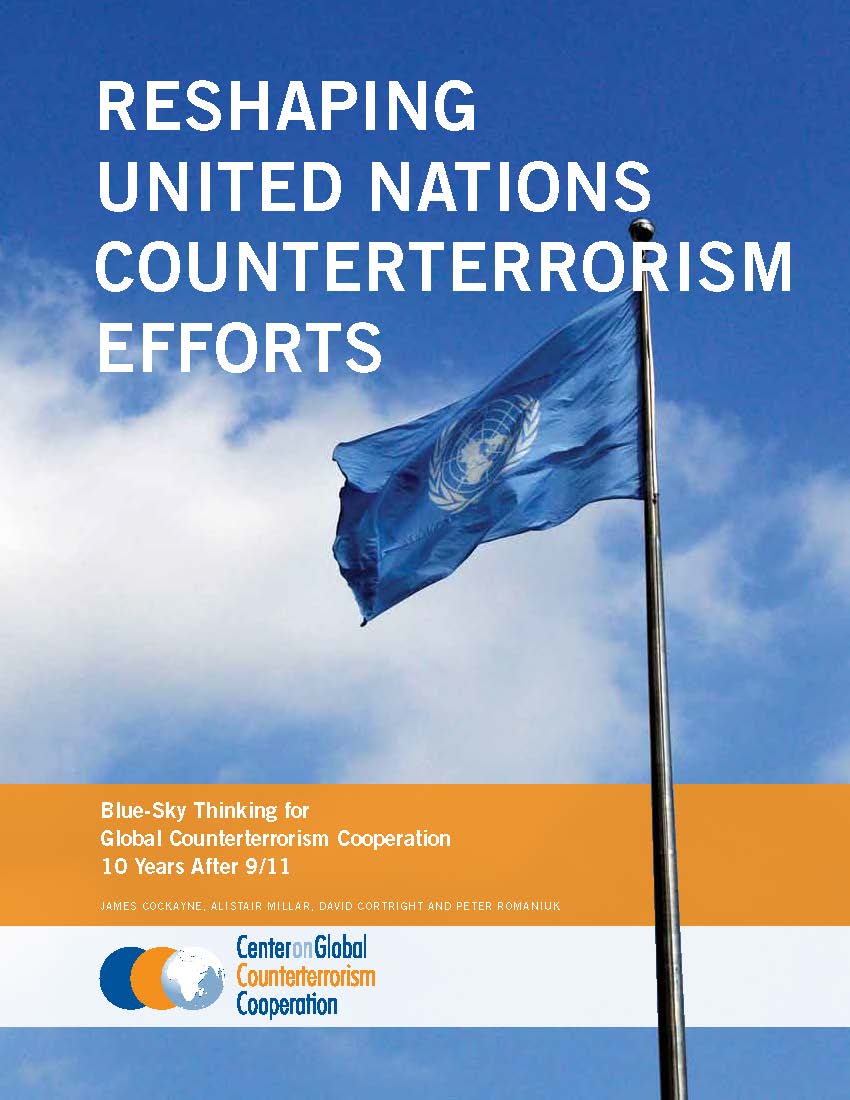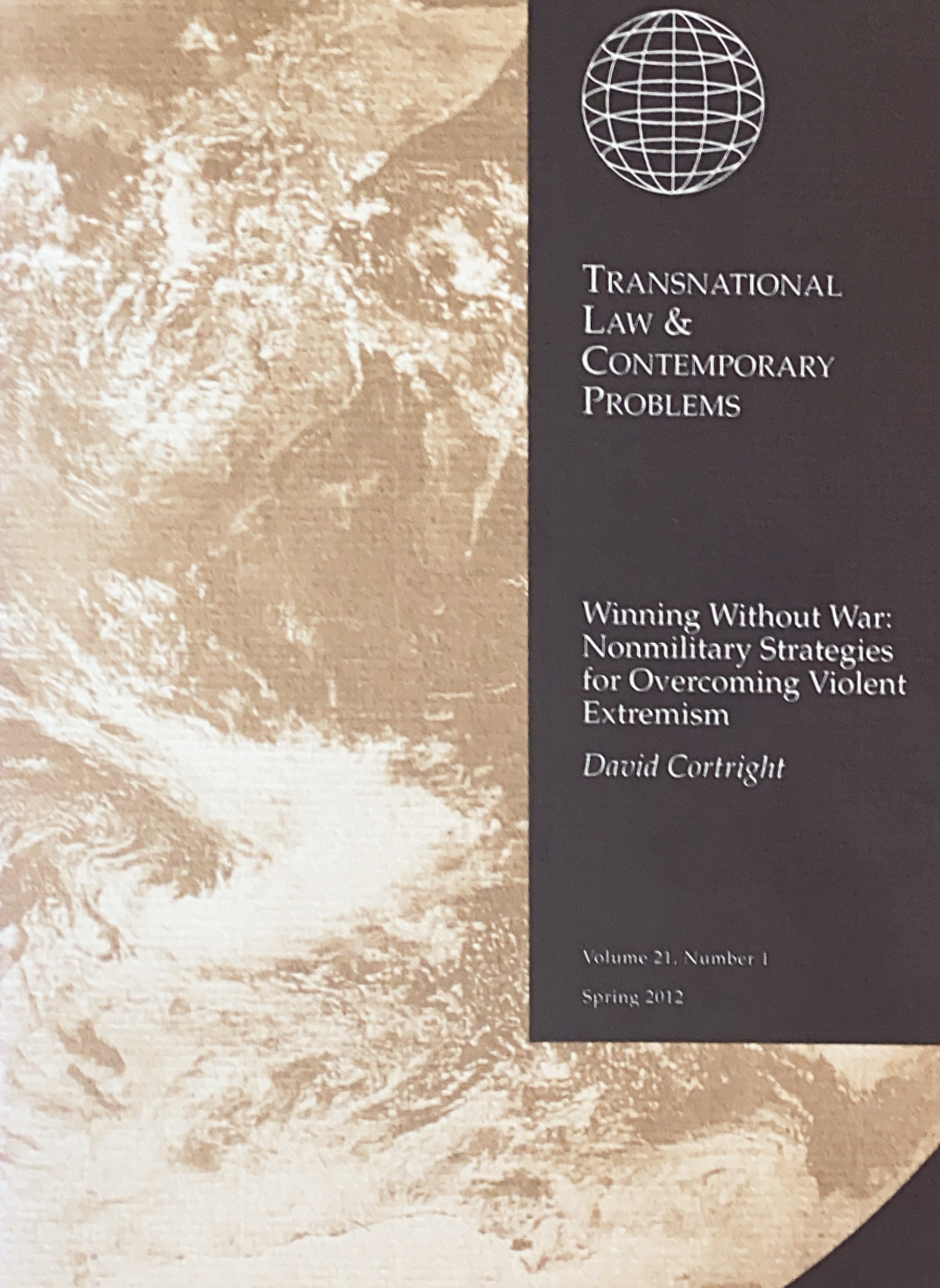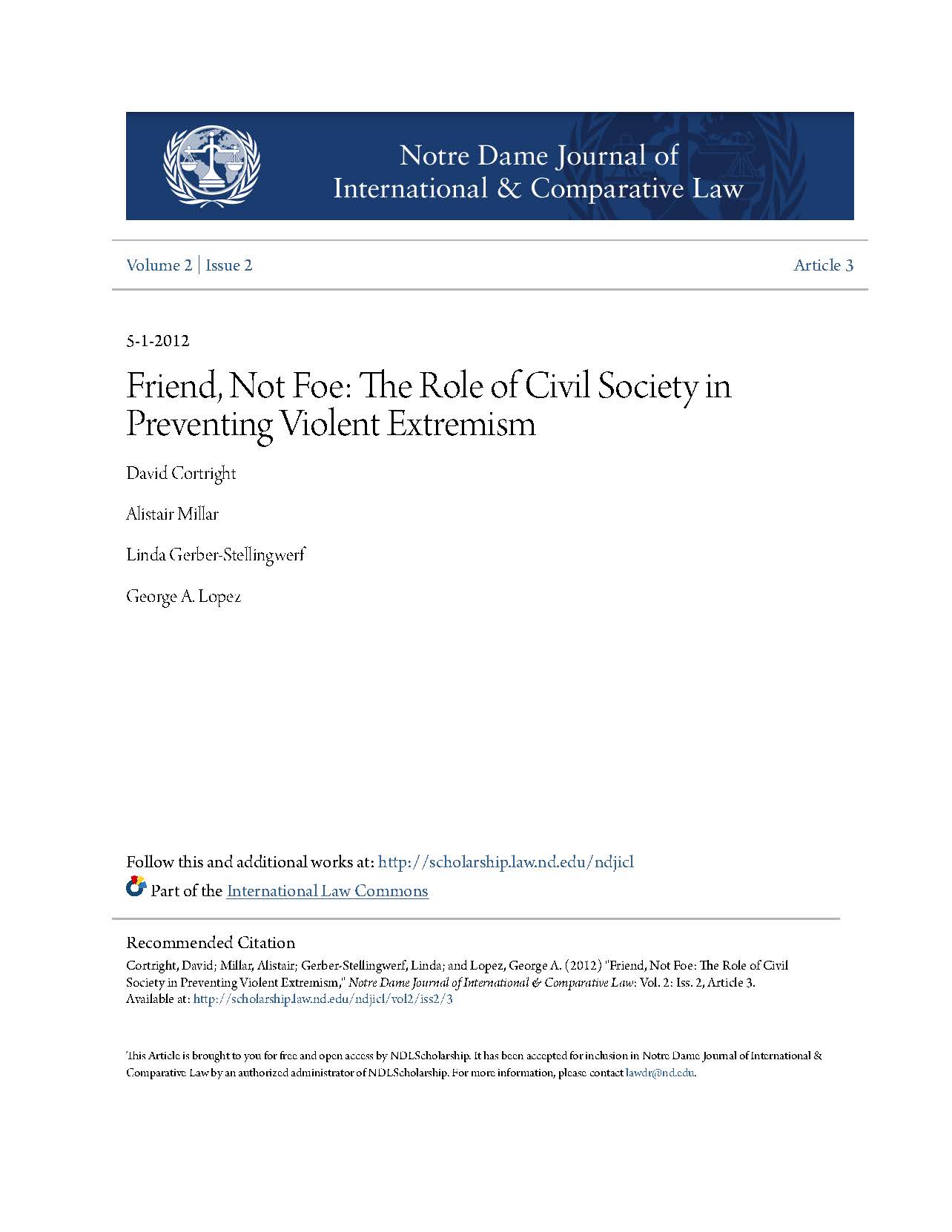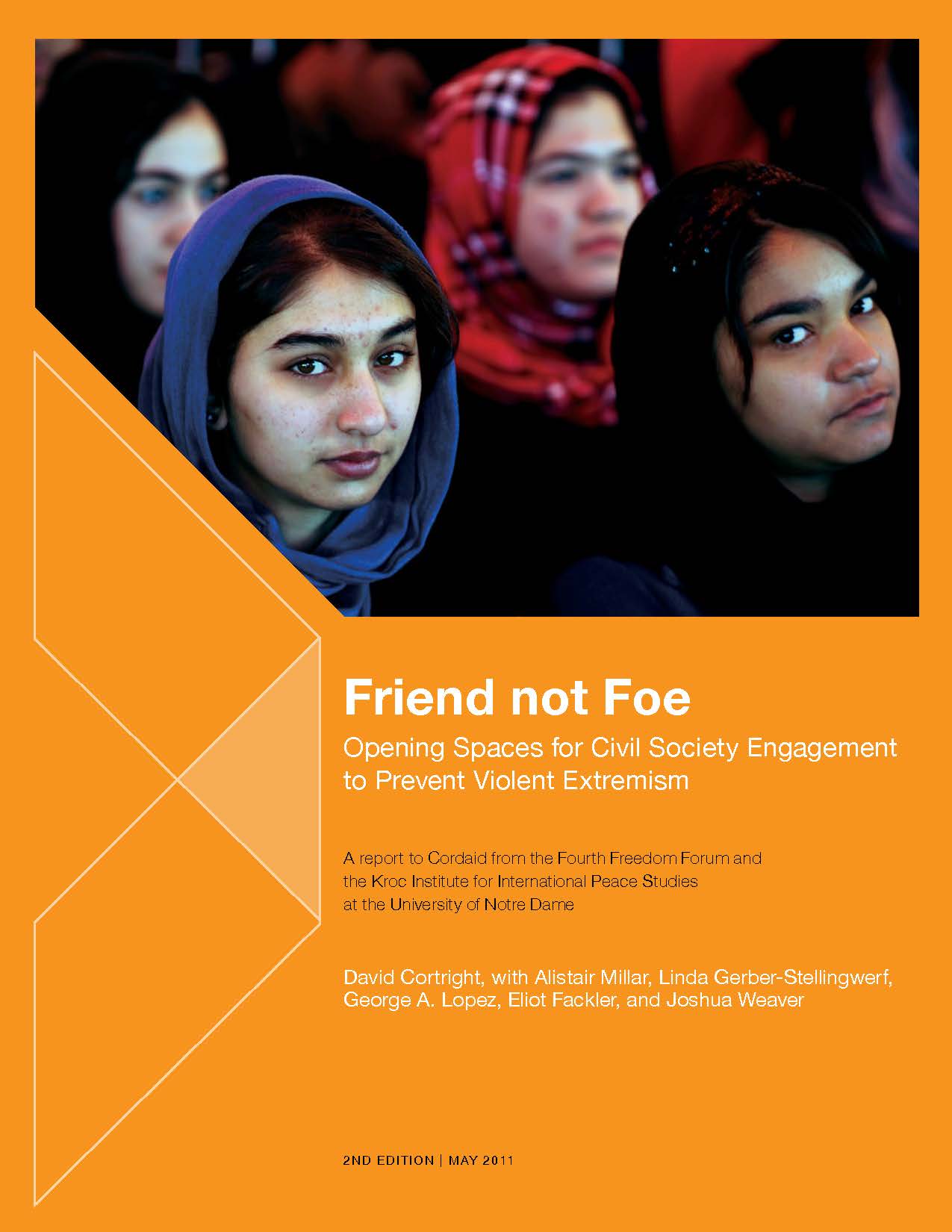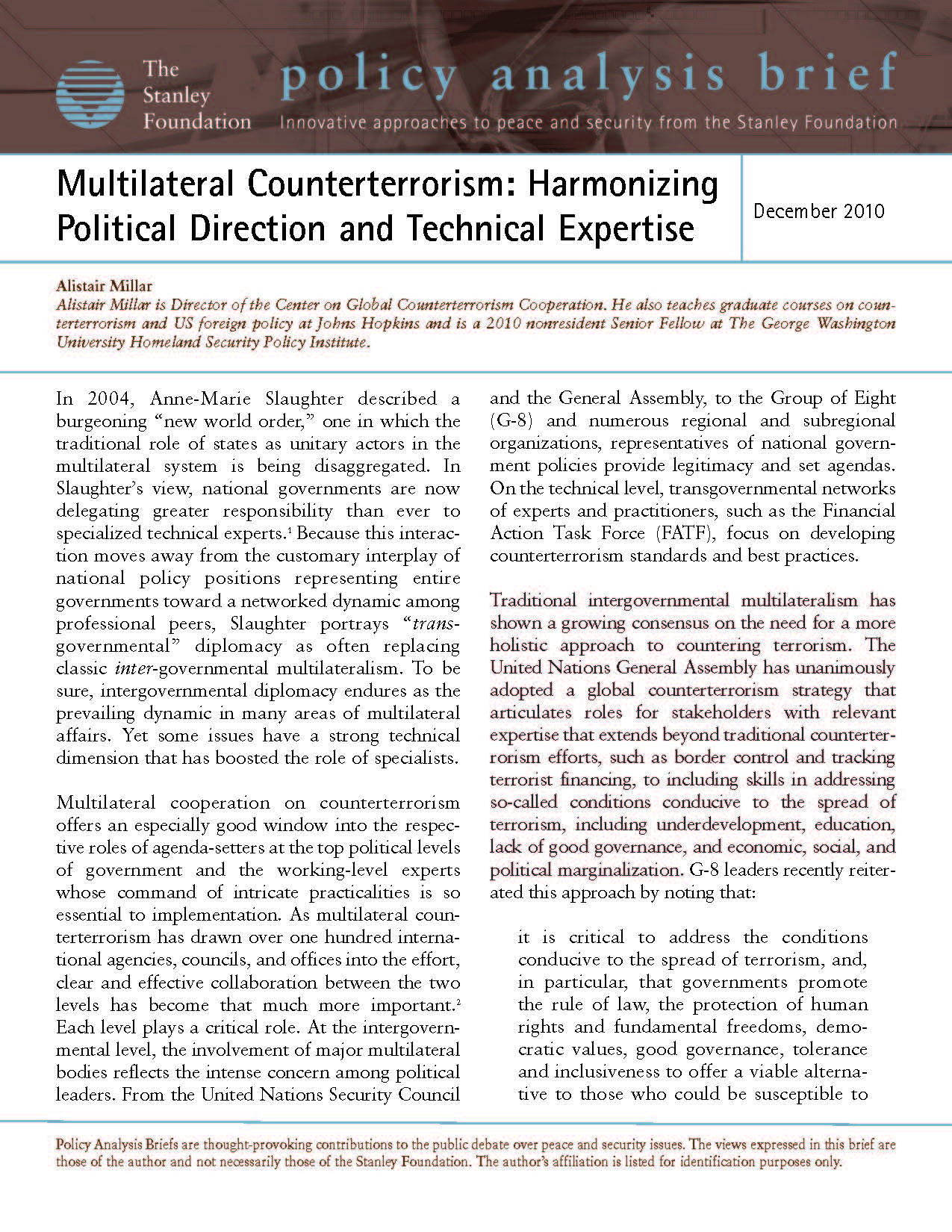Needs-based Curricula and Programme Development for the International Institute for Justice and the Rule of Law
Report — April 2014
This report outlines a series of recommendations for the International Institute for Justice and the Rule of Law (IIJ) in developing a curricula and program agenda based on the diverse needs of a multi-national and cross-regional constituency of partner countries. Once established, the IIJ will serve as a training center dedicated to strengthening criminal justice institutions, promoting regional legal cooperation, and fostering criminal justice practitioner networks based on a respect for human rights and the rule of law.
